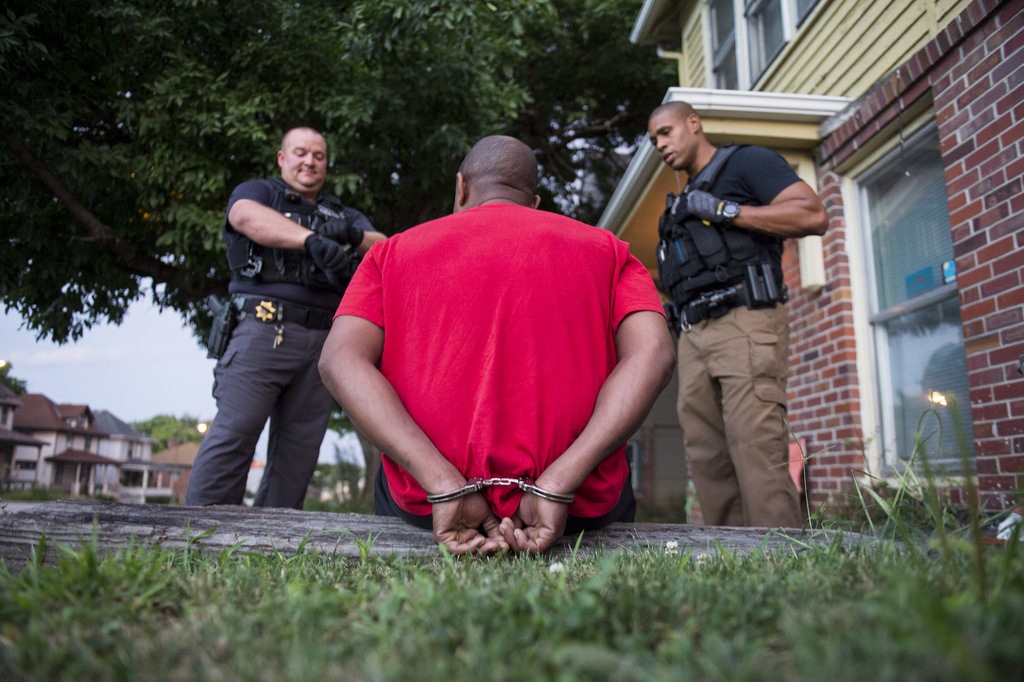This is a reflection written by Esther Kaufman on the lecture given by Dr. Rashawn Ray as part of the Bahá’ì Chair for World Peace series on Structural Racism.
Racism as a Barrier to Justice
Dr. Rashawn Ray’s emotional presentation on “Why Police Compliance Does Not Save Black Lives” left me feeling a deep sense of disappointment in our society’s failure to recognize and deal with racism. He began his lecture with the juxtaposition of videos and statistics that emphasized the differences between races in police compliance and non-compliance.
The stark differences in the treatment of White males and Black males, in numerous and wide ranging cases, emphasizes the crisis in our society. As painful as these individual injustices are, the existing criminal justice structure, which promotes this racial divide, is even worse.

Racism Perpetuated by Legislation
Dr. Rashawn Ray discussed several pieces of legislation standing in the way of breaking down barriers. One such law is commonly known as “stand your ground”. This law gives officers the right to defend themselves based on a perceived feeling of threat. This means that the killing of a Black man can be legally justified if the officer felt threatened, regardless of whether an actual threat was imminent or not.
Harvard graduates have recently created a tool that is designed to reveal the dangerous biases that officers may not consciously be aware of. If we are going to create a judicial system that incorporates emotional response into justice, then should we not also train our law enforcement agencies in the same way? By becoming aware of the implicit biases they carry, they can begin to brainstorm on how to correct the errors generated by them.
Dangers of Ignorance
Dr. Rashawn Ray tells us, the percentage of Blacks that do not commit crimes in our nation is almost identical to that of Whites who do not commit crime. Yet, Black people feel increasingly threatened by the very agencies created to protect and defend them.
It is time that we admit to ourselves the shortcomings within our society. When the idea of Black families having to warn their kids on how they must act around law enforcement is normalized; our nation can no longer afford to be ignorant.
About the Author:
 Esther Kaufman is an undergraduate student studying Economics at the University of Maryland with a minor in Global Terrorism Studies. She is interested in the effects of economic policy on issues such as equality, welfare and radicalization of individuals in society.
Esther Kaufman is an undergraduate student studying Economics at the University of Maryland with a minor in Global Terrorism Studies. She is interested in the effects of economic policy on issues such as equality, welfare and radicalization of individuals in society.
Photo Credit: U.S. Marshals Service Flickr via Compfight
